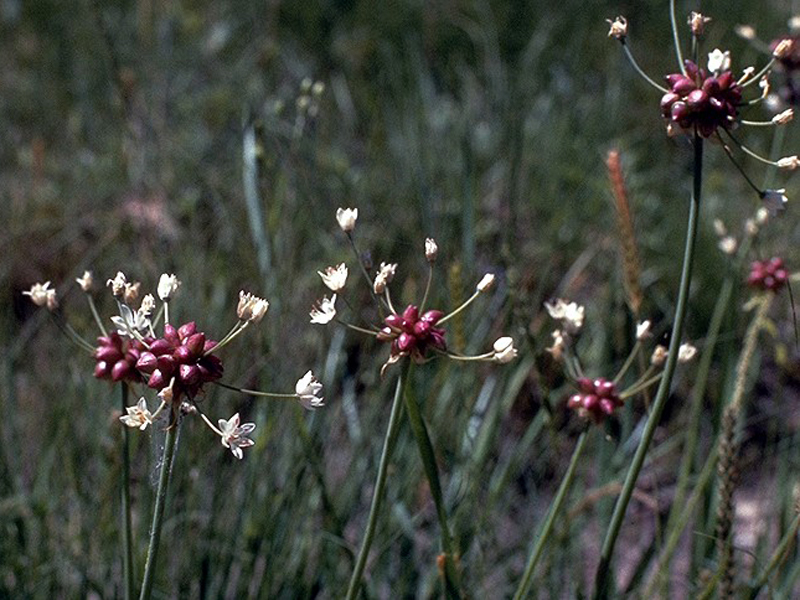Difference between revisions of "AY Honors/Edible Wild Plants/Wild Onion"
From Pathfinder Wiki
m (New page: {{EWP |name = Wild Onion |image = Allium canadense.jpg |description = Wild Onion has an edible bulb covered with a dense skin of brown fibers and tastes like an onion. The plant also has s...) |
|||
| (One intermediate revision by the same user not shown) | |||
| Line 6: | Line 6: | ||
|range = Throughout North America | |range = Throughout North America | ||
|use = Use the leaves and bulbs raw in '''salads''', or cook them in a '''soup'''. Basically, use them as you would domestic onions. | |use = Use the leaves and bulbs raw in '''salads''', or cook them in a '''soup'''. Basically, use them as you would domestic onions. | ||
| − | |warning = Though the plant is edible, it pays to be careful in identifying it as there are several look-a-likes. | + | |warning = Though the plant is edible, it pays to be careful in identifying it as there are several look-a-likes. So be sure to do more research before eating plant. |
}} | }} | ||
| + | |||
| + | [[Category:Adventist Youth Honors Answer Book|{{SUBPAGENAME}}]] | ||
Revision as of 19:39, 9 June 2008
Wild Onion
Description: Wild Onion has an edible bulb covered with a dense skin of brown fibers and tastes like an onion. The plant also has strong, onion-like odor. The narrow, grass-like leaves originate near the base of the stem, which is topped by a dome-like cluster of star-shaped, pink or white flowers. It typically flowers in the spring and early summer, from May to June.
Where found: Throughout North America
Availability: Spring - Winter
Use: Use the leaves and bulbs raw in salads, or cook them in a soup. Basically, use them as you would domestic onions.
WARNING: Though the plant is edible, it pays to be careful in identifying it as there are several look-a-likes. So be sure to do more research before eating plant.

